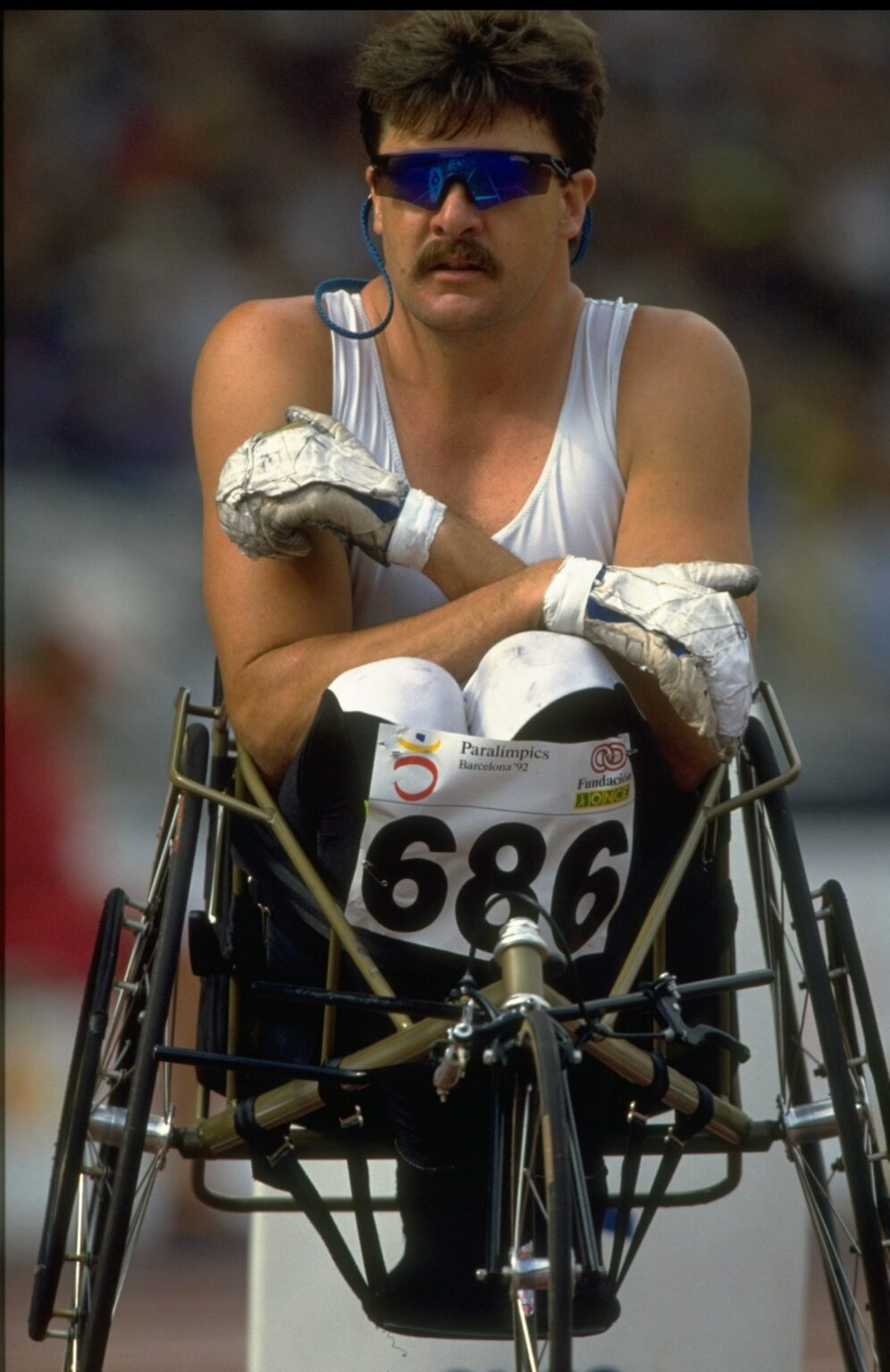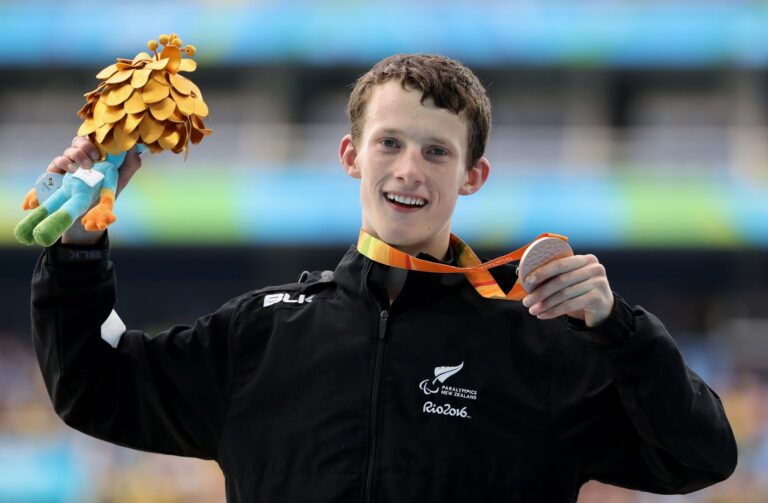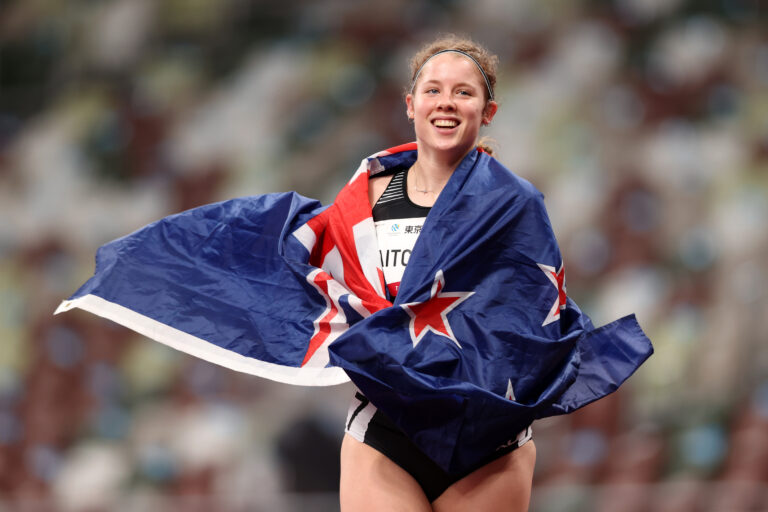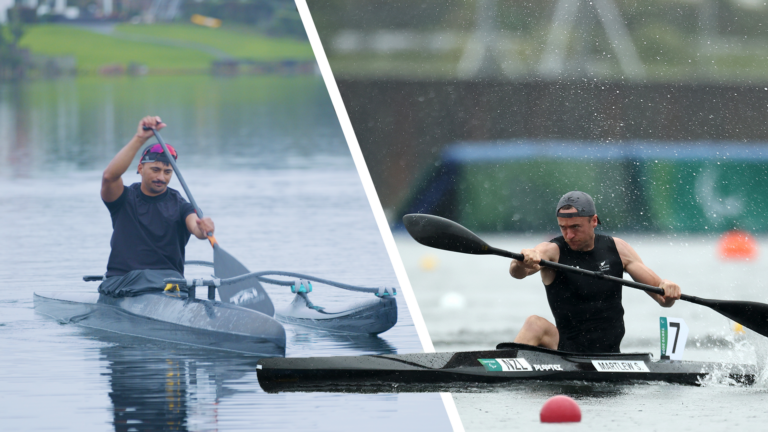Remembering Barcelona 1992, a pivotal Paralympic Games, 30 years on. We spoke to Dave MacCalman, team captain, and Evan Clulee, a Paralympic debutante, to hear what it was really like.
See also Evan Clulee’s reflections.
By Dave MacCalman, Paralympian #80
Barcelona 1992 was a turning point for the entire Paralympic Movement, and for many were the best Paralympic Games ever. Barcelona was a huge shift from anything I had experienced in sport up until then. We were a relatively small, inexperienced team with plenty of talent and high hopes. Consisting of 13 athletes and 6 staff, we were a tight team of kiwis representing Aotearoa in the Catalan capital.
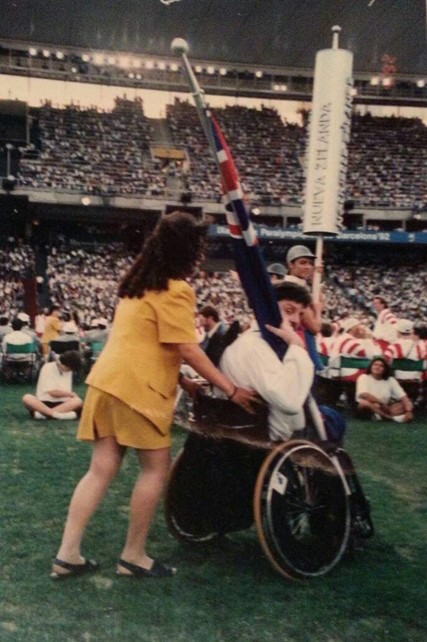
Amazing moment followed amazing moment
The Opening Ceremony was simply fantastic – Montjuic stadium filled with 65,000 loud, enthusiastic spectators and watched by millions on television. The King and Queen of Spain were present, and out of respect, our team took off our Spanish bolero hats as we passed the royal party. The next thing I remember, with support from one of our team volunteers, I had the huge honour of carrying the New Zealand flag up to a high point of the stadium where all the flags of the nearly 90 attending nation’s flags were flying.
I have this enduring memory of the moment I turned to re-join my teammates and witnessed a packed stadium and the sound of booming and triumphant marching music. I sucked in a big breath and took the moment in.
On my back wheels I wheeled all the way to the bottom using the ramps. An amazing moment followed by another amazing moment when a Para archer took centre stage. His extraordinary aim saw him shoot his arrow high above the stadium to spectacularly light the Paralympic flame.
Seeing my heroes
In Barcelona I saw my Wheelchair basketball heroes training and playing in person. I had read extensively about the USA team in the important wheelchair sports magazine – Sports‘n’Spokes. My biggest hero was Dave Kiley, a stunningly skilled ball player, a playmaker. The story goes he was given a painkiller for a toothache by the team doctor the night before the final, which USA won over the Netherlands. However, after the final Kiley was drug tested and found to have a banned substance. The entire USA team lost their gold medals. Barcelona 1992 was the start of in-competition drug testing.
Competing in quad pentathlon, shot and javelin
I was selected to compete in the quad pentathlon, shot and javelin. After eighteen months of cross training for the five disciplines, five weeks out, I was told the quad pentathlon had been cancelled. It was a big blow for me. My best result was shot – fourth by 2 cm after holding silver medal position until the last three competitors.
Contributing to the athletes’ voice in decision making
I attended a couple of meetings while at the Paralympics. The FIBA Council for Disabled Persons had me as the Oceania member. I sat with the IWBF President Phil Craven who went on to be the President of IPC and knighted for his work in the Paralympic Movement. I also attended an athletes’ meeting that brought a voice to the Movement from the participants point of view. The biggest talking point was the inclusion of athletes with intellectual impairments. It was overwhelmingly dismissed by the athletes at that meeting.
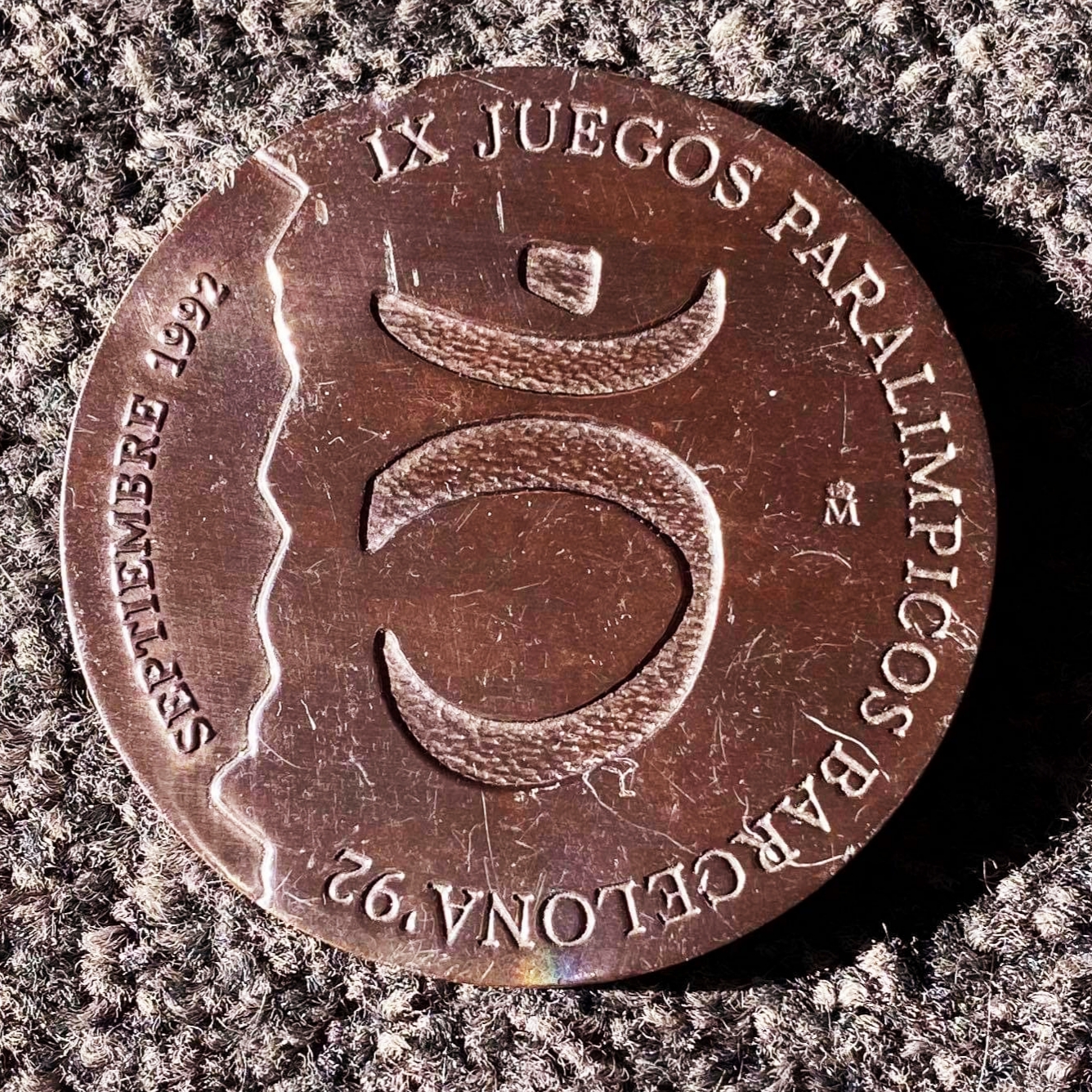
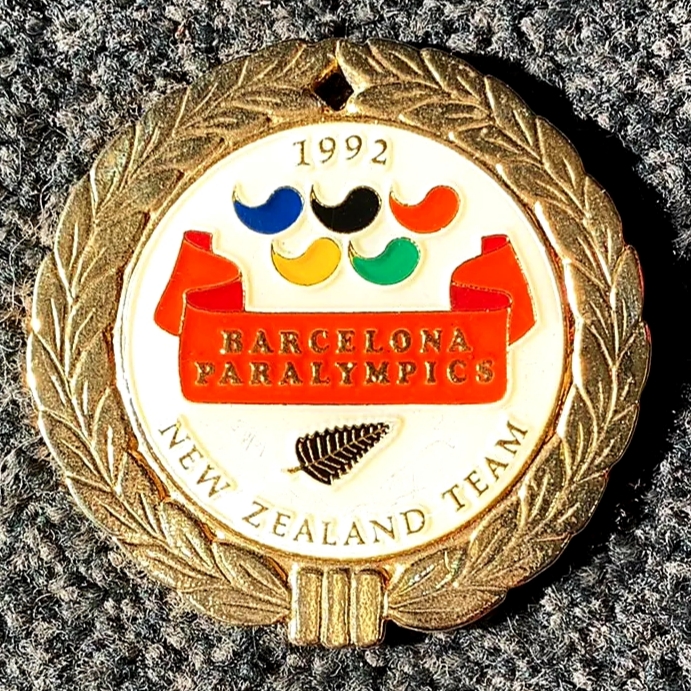
The first live television coverage of the Paralympics
For the first time the Paralympic Games received live television coverage. The New Zealand public got an insight into the Paralympic world through the hour-long documentary called “Twelve Days of Glory”. Chas Toogood produced the documentary, and Sir Paul Holmes fronted it. The title was a phrase our Chef de Mission Dave Hill had coined to describe the Paralympics. You can still see the documentary on New Zealand On Screen. A special part of the documentary, other than my bathroom scene, is the song at the end sung by Shona Laing with images from the Paralympic Games – it really is worth checking out.
Find out more about the Barcelona 1992 Paralympic Games.

